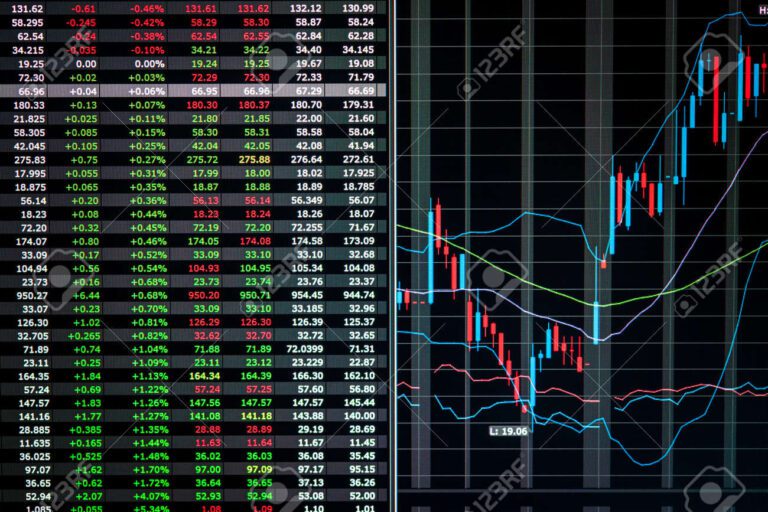What is Online Trading

What is Online Trading? Since ancient times, when individuals traded commodities and services for other goods and services of similar value, trading has been a core human activity. Barter, neighborhood markets, and long-distance trade routes are examples of the numerous forms of commerce that emerged as civilizations and economies progressed.
History of Online Trading
The first stock market was established in Amsterdam in the late 18th century, which facilitated the trading of shares in the Dutch East India Company and marked the beginning of the modern trading period. As capital needed to finance industrialization and technical advancement increased, stock exchanges later emerged in other significant financial cities, including London, Paris, and New York.
New trading technology, including ticker tape readers, electronic trading platforms, and high-frequency trading algorithms, were created in the 20th century, revolutionizing the speed and effectiveness of trading. The scope and complexity of trading in the contemporary age have increased due to the development of global financial markets and the growing economic interdependence of nations through trade and investment.
Understanding the Trading Industry
Trading is the act of purchasing and selling financial assets to profit from changes in their market prices, such as derivatives, currencies, commodities, and stocks.
To find future trading opportunities and decide whether to enter or exit a transaction, traders, who can be either people or institutions, frequently utilize a variety of methodologies, such as technical analysis, fundamental analysis, or quantitative analysis.
Trading can occur on various platforms, including controlled cryptocurrency exchanges, internet brokerage platforms, and traditional stock markets. Depending on the trader’s objectives and time frame, it may also involve other transaction types, such as day trading, swing trading, or position trading.
Pros and Cons of trading
Pros of Trading:
Potential for earnings
The potential for substantial profits is one of the key benefits of trading. Traders can profit by purchasing assets at a discount and selling them at a higher price while taking advantage of market changes.
Flexibility
Trading may allow for both time and place flexibility. Trading may be done anywhere there is an internet connection, thanks to online trading platforms.
Diversification
Investing in several asset classes, such as stocks, bonds, commodities, and currencies, through trading, enables investors to diversify their portfolio and lower risk.
Cons of Trading:
Risk of losses
Trading entails high risks, and investors may lose money if their investments do not turn out as planned. Traders must effectively manage their risk by applying appropriate risk management strategies and stop-loss orders.
Extreme volatility
Asset prices can change quickly, and financial markets can experience extreme volatility, resulting in unforeseen losses.
Psychological Pressure
Making effective trades can be stressful for traders, and they may also feel fear, greed, and other emotions that may influence their choices.
Conclusion:
Trading can be emotionally taxing and has the potential to bring significant gains. It also entails sizable risks. Before joining the market, traders should consider the advantages and disadvantages carefully and create a sound trading plan and risk management approach to reduce their risks. To learn more about Online Trading and strategies to a better Trading Journey, visit: http://smartradeph.com/ and see our FREE Learning Session Schedule.
